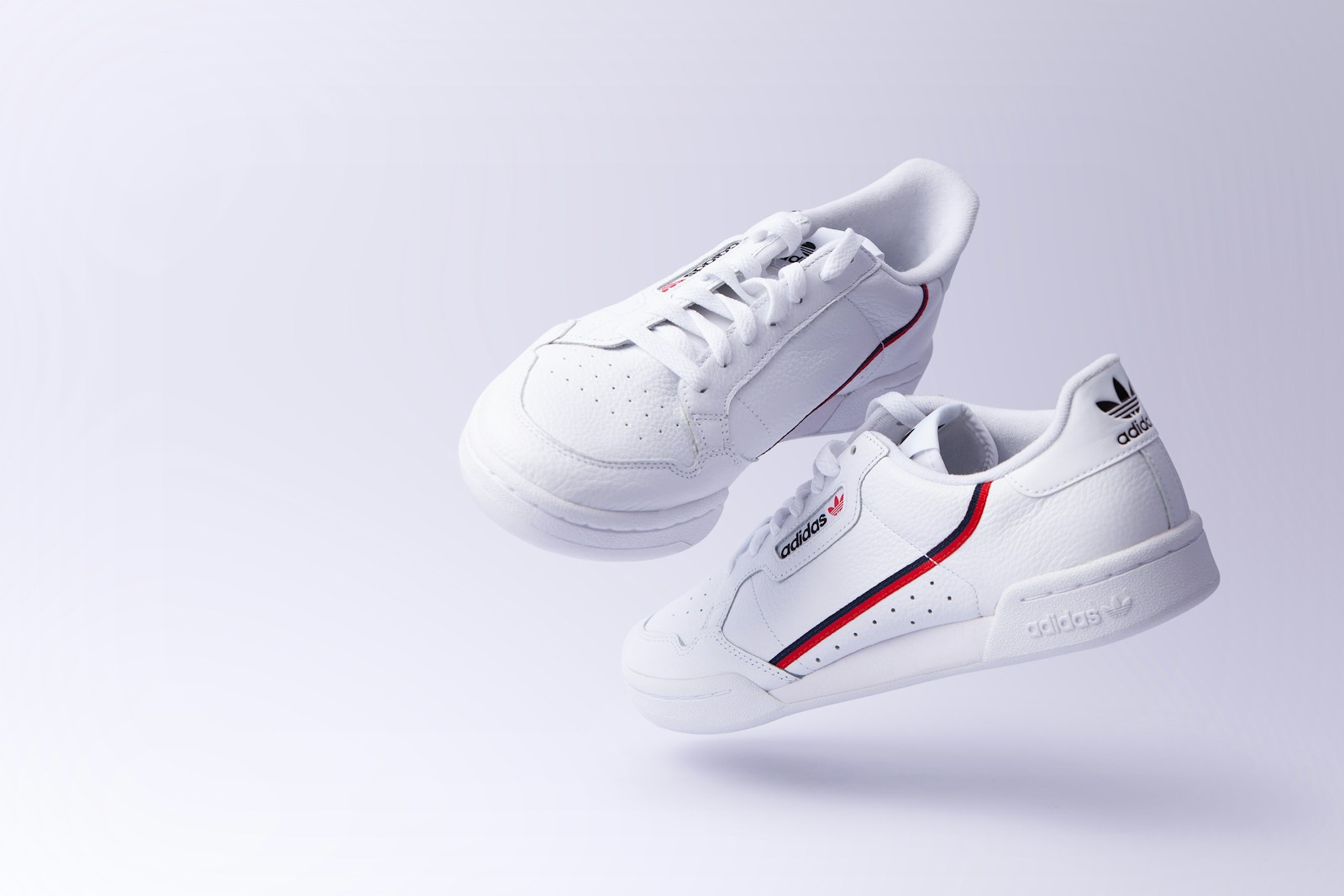
靴子
xuēzǐ

boot
The Chinese word for 'boot' is '靴子' (xuēzǐ). It is typically used similarly to the English word 'boot', referring to a type of footwear that covers the foot and part of the leg. It can be used in various contexts, and is also often seen in compound words, or phrases such as '雪地靴' (snow boots) and '军靴' (military boots).
Example sentences using: 靴子
她的靴子是红色的。
Tā de xuēzi shì hóngsè de.

Her boots are red.
In this sentence, the subject '她' (She) is expressing that the '靴子' (boots) belong to her and are '红色' (red).
靴子在哪里?
Xuēzi zài nǎlǐ?

Where are the boots?
This sentence is a question about the location of the '靴子' (boots).
我需要新的靴子。
Wǒ xūyào xīn de xuēzi.

I need new boots.
In this sentence, the speaker '我' (I) is expressing the need for '新的' (new) '靴子' (boots).
靴子太大了。
Xuēzi tài dàle.

The boots are too big.
This sentence describes the '靴子' (boots) as being '太大了' (too big).
这双靴子很贵。
Zhè shuāng xuēzi hěn guì.

This pair of boots is expensive.
This sentence describes the '靴子' (boots) are '很贵' (very expensive).
靴子不合适。
Xuēzi bù héshì.

The boots do not fit.
The sentence signifies the '靴子' (boots) are '不合适' (not suitable) fitting wise for the speaker.
靴子已经穿旧了。
Xuēzi yǐjīng chuān jiùle.

The boots are already worn out.
This sentence indicates the current state of the '靴子' (boots) as being '已经穿旧了' (already worn out).
这双靴子的设计很好。
Zhè shuāng xuēzi de shèjì hěn hǎo.

The design of these boots is really good.
This sentence is making a positive remark about the design of the '靴子' (boots).
靴子下雨的时候很有用。
Xuēzi xià yǔ de shíhòu hěn yǒuyòng.

Boots are very useful when it rains.
This sentence points out a specific scenario where the '靴子' (boots) prove to be '很有用' (very useful).
我喜欢这款靴子。
Wǒ xǐhuān zhè kuǎn xuēzi.

I like these boots.
The sentence signifies the personal preference '我喜欢' (I like) of the speaker towards the '靴子' (boots).